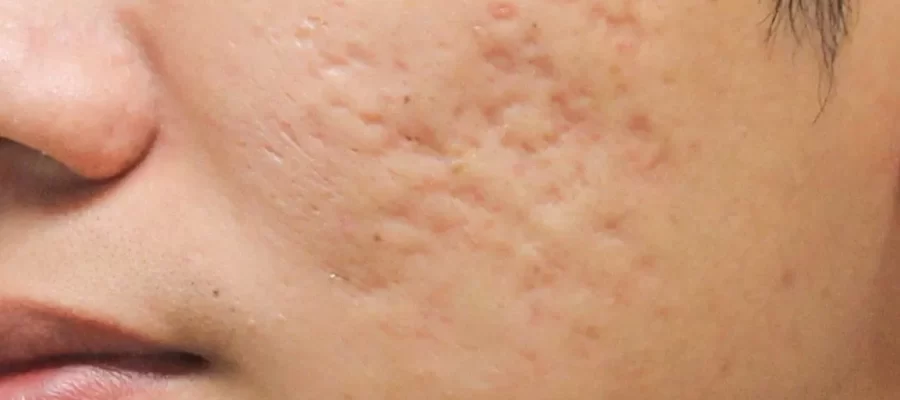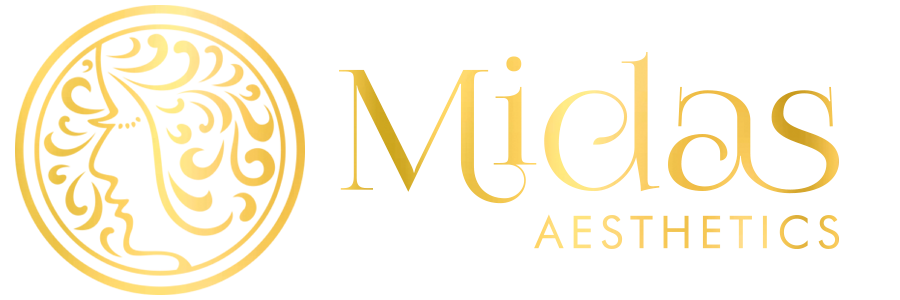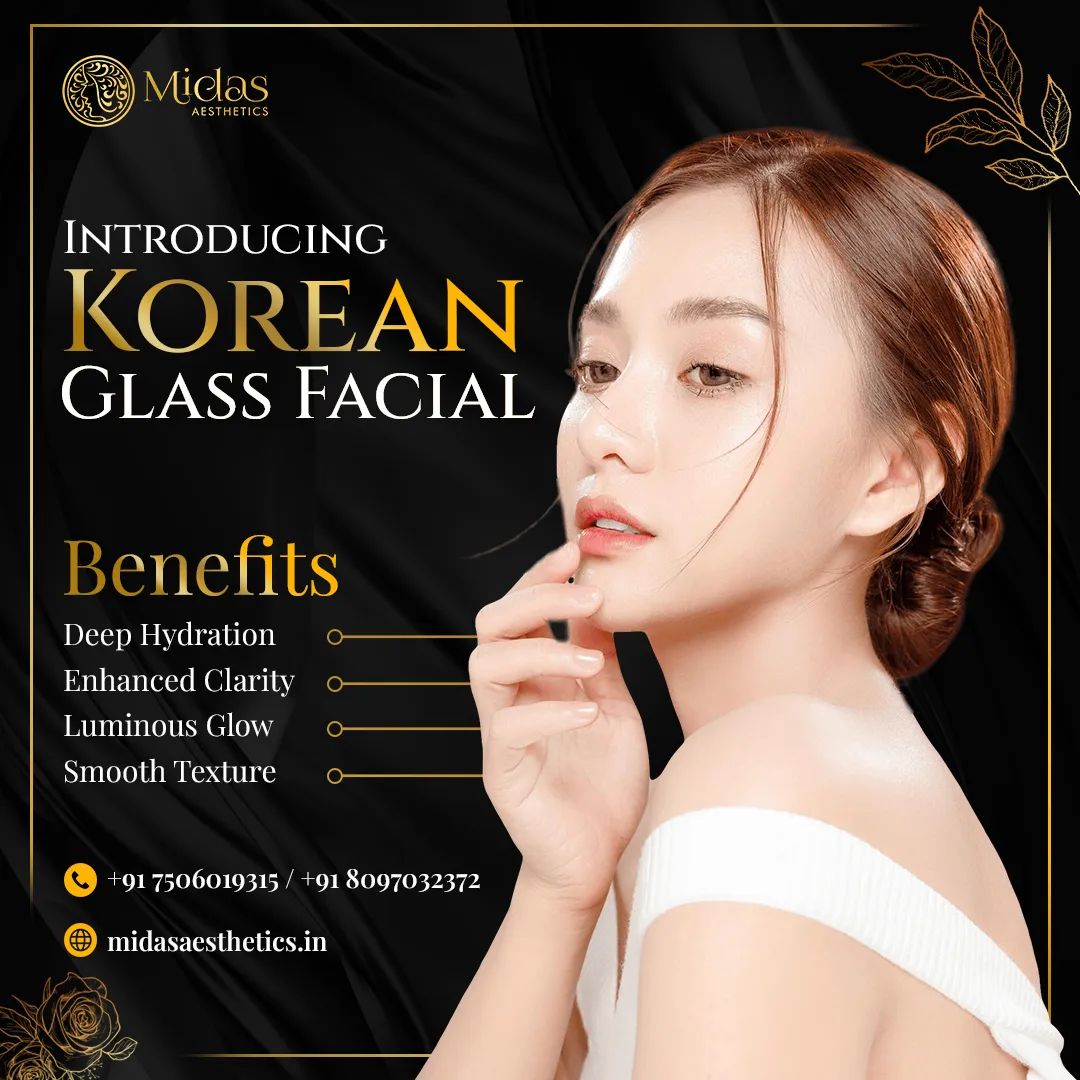
Acne Scar Treatment in Mumbai
Acne is the most common cause of scarring, regardless of age, gender, or skin type. Acne affects an estimated 90% of the global population during adolescence, resulting in scars on the face, forehead, nose, chest, back, and other areas.
These scars are permanent changes in the texture of the skin that occur after an acne breakout and acne scar treatment is a must.
Acne scars leave visible signs such as pits, elevated scars, and visible marks. Acne scars can be treated by skin specialists. Treatment time can range from 3 to 6 months, depending on the type of acne scars. While mild acne scars are easily treated, older and deeper scars may necessitate several sessions to show visible improvement.
What are acne scars?
Acne scars are marks or depressions that form after breakouts have healed. Acne develops when a buildup of sebum, dead skin cells, and bacteria clogs the skin pores and causes inflammation. Mild acne can cause post-inflammatory hyperpigmentation, also known as pimple marks. On the other hand, deeper lesions cause collagen damage, which affects the texture of the skin and results in permanent acne scars.
Acne scarring is a common skin concern that necessitates medical attention because pimples affect 90% of teenagers. However, to minimize your acne scars, you must first effectively manage your pimples.
Reasons Behind Acne Scars:
Scars can form as a result of any grade or severity of acne, depending on the skin’s healing response. However, you may be more likely to develop acne scars if you:
- You’re experiencing severe breakouts with cysts and nodules.
- You postponed treatment in response to an outbreak of inflammatory acne.
- Acne was picked, popped, or squeezed.
- Acne and acne scarring run in your family.
Acne scars are likely if you can relate to any of the above scenarios. Learn more about the type of acne scar you have, as this will determine the specialized treatment you will need to reduce it.
Types Of Acne Scars:
Acne scars are classified as atrophic (depressed) or hypertrophic (elevated) based on the collagen levels of the skin during healing after a breakout. Only 10% of acne scars are hypertrophic, also known as keloids.
Atrophic scars are further classified by skin experts into the following categories:
- Ice pick scars are small, vertical acne scars with sharp margins and a diameter of less than 2mm.
- Rolling scars are skin pits that can be up to 5mm in diameter, have an undulating appearance, and have round margins.
- Box scars are larger than rolling scars and have defined margins with widths ranging from 1.5mm to 4mm.
Scar treatment success is determined by the type and severity of the scar.
Prevention and Management Of Acne Scars:
If you have acne-prone skin, here are some simple acne scar prevention tips you can try:
- If you are experiencing acne breakouts, seek medical attention right away.
- Refrain from squeezing or popping the pimple.
- Picking at scabs is not a good idea.
- Home remedies should be avoided because they may aggravate your skin inflammation.
If the above tips aren’t working for you and you have acne scars, it’s time to seek professional help.
Home Remedies For Acne Scar Treatment:
To date, the safety and efficacy of home remedies, OTC products, and other self-care methods have not been medically proven. Therefore, it is best to avoid using them to avoid the risk of causing acne, aggravating scars, and experiencing severe side effects.
Diagnosis and Treatment for Acne Scar:
Untreated acne can progress to severe forms, causing permanent collagen damage and leaving visible scars on the skin. During a physical examination, a skin specialist can quickly diagnose acne scarring. He or she can determine the severity of acne scars, whether mild, moderate, or severe, and recommend an appropriate treatment plan.
Treatments for Acne Scar:
Midas Aesthetics’ Skin Expert specializes in providing customized aesthetic solutions to reduce all types and grades of acne scars. Based on your skin and scar type, the severity of the condition, and the affected area, they may recommend the following procedures as a standalone or combination treatment to achieve the best results:
This advanced acne scar treatment also has skin tightening properties! It employs radiofrequency technology and the use of a small needle handle to treat acne scars and improve skin texture.
Plant-based extracts may be used by our skilled medical team to exfoliate the skin’s damaged layers. A medium-depth peel is a specialized treatment for reducing the appearance of ice pick scars.
Subcision:
This is a minimally invasive treatment performed by our expert doctors to reduce the depth of acne scars effectively.
Ablative devices, such as carbon dioxide lasers, have been shown to improve the appearance of scars, including mature, deep scars. The CO2 laser encourages thermal fractionated skin ablation, and the resulting selective healing stimuli improve the altered tissue. The scars will then blend in with the surrounding skin.
PRP injection for acne scars has been used for decades to aid the body’s natural healing process. In addition, this procedure has excellent anti-aging properties and can be used to remove acne scars.
Profhilo:
Despite the similar HA component, profhilo treatment for acne scars differs from dermal filler treatment. Dermal fillers are intended to directly fill in the depressions in the skin caused by atrophic acne scars, replacing lost volume. Profhilo, on the other hand, has a direct impact on regenerative skin processes. Following injection, the HA complexes in Profhilo slowly degrade and release HA into the dermis, improving hydration and skin repair through the remodeling of skin collagen.
How can we help?
Skin experts at Midas Aesthetics take a holistic approach and provide adequate guidance to achieve the best results with the least amount of downtime.
Frequently Asked Questions For Acne Scar Treatment
Yes, with the right direction and approach. Midas’ advanced aesthetics acne scar removal treatment can improve the skin’s healing response, reducing the depth of the scars and visibly improving the skin texture.
No, the majority of acne scars do not fade naturally and must be treated by medical professionals.
It usually takes 3-6 months, depending on the grade and severity of the scars.
Book an Appointment for Acne Scar Treatment in Borivali, Mumbai!

